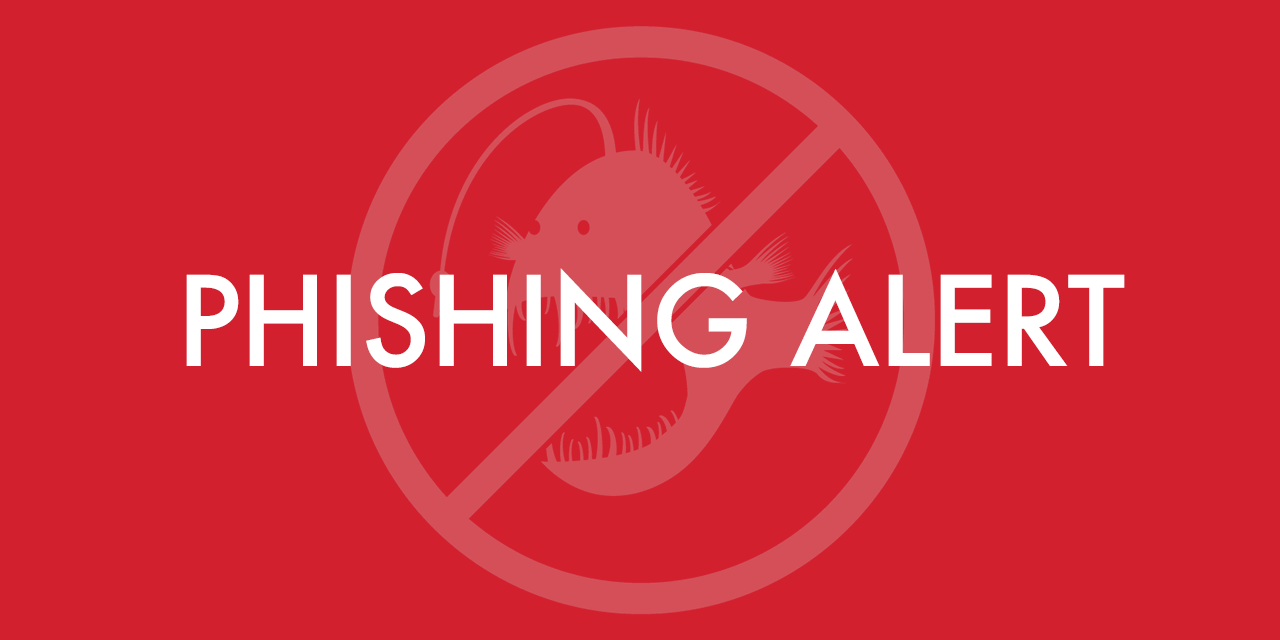![]() Starting today, OIT will begin phasing out securenet.smu.edu for vpn.smu.edu. This change coincides with the move of the VPN services to new hardware. When you log in to the new VPN for the first time, you will be prompted to install the updated Cisco AnyConnect software.
Starting today, OIT will begin phasing out securenet.smu.edu for vpn.smu.edu. This change coincides with the move of the VPN services to new hardware. When you log in to the new VPN for the first time, you will be prompted to install the updated Cisco AnyConnect software.
If you have any bookmarks or links using the old URL, we recommend updating them to the new address of vpn.smu.edu.
About VPN
Virtual Private Networking (VPN) provides a secure connection to the SMU network through an established DSL or cable modem connection with an outside Internet Service Provider (ISP). The VPN connection provides access to secure SMU network resources such as departmental drives and applications hosted on the campus intranet.
Using VPN
There are two methods for establishing the VPN connection: browser-based and client based. Users can link to vpn.smu.edu through their web browser and log in with their SMU ID and password. Only the traffic within that browser window will be routed through the VPN connection.
 To use the VPN client, download AnyConnect from vpn.smu.edu (log in with your SMU ID and password and click “AnyConnect” in the left navigation). Once a session is established, all traffic will be routed through the secure VPN connection.
To use the VPN client, download AnyConnect from vpn.smu.edu (log in with your SMU ID and password and click “AnyConnect” in the left navigation). Once a session is established, all traffic will be routed through the secure VPN connection.
Please contact the IT Help Desk at 214-768-HELP with any questions about using VPN.

 On Thursday, April 7, 2016, OIT will begin rolling out two-factor authentication to certain online SMU systems, starting with the personal information section of my.SMU. The two-factor authentication will be handled by a third party called Duo Security.
On Thursday, April 7, 2016, OIT will begin rolling out two-factor authentication to certain online SMU systems, starting with the personal information section of my.SMU. The two-factor authentication will be handled by a third party called Duo Security.

